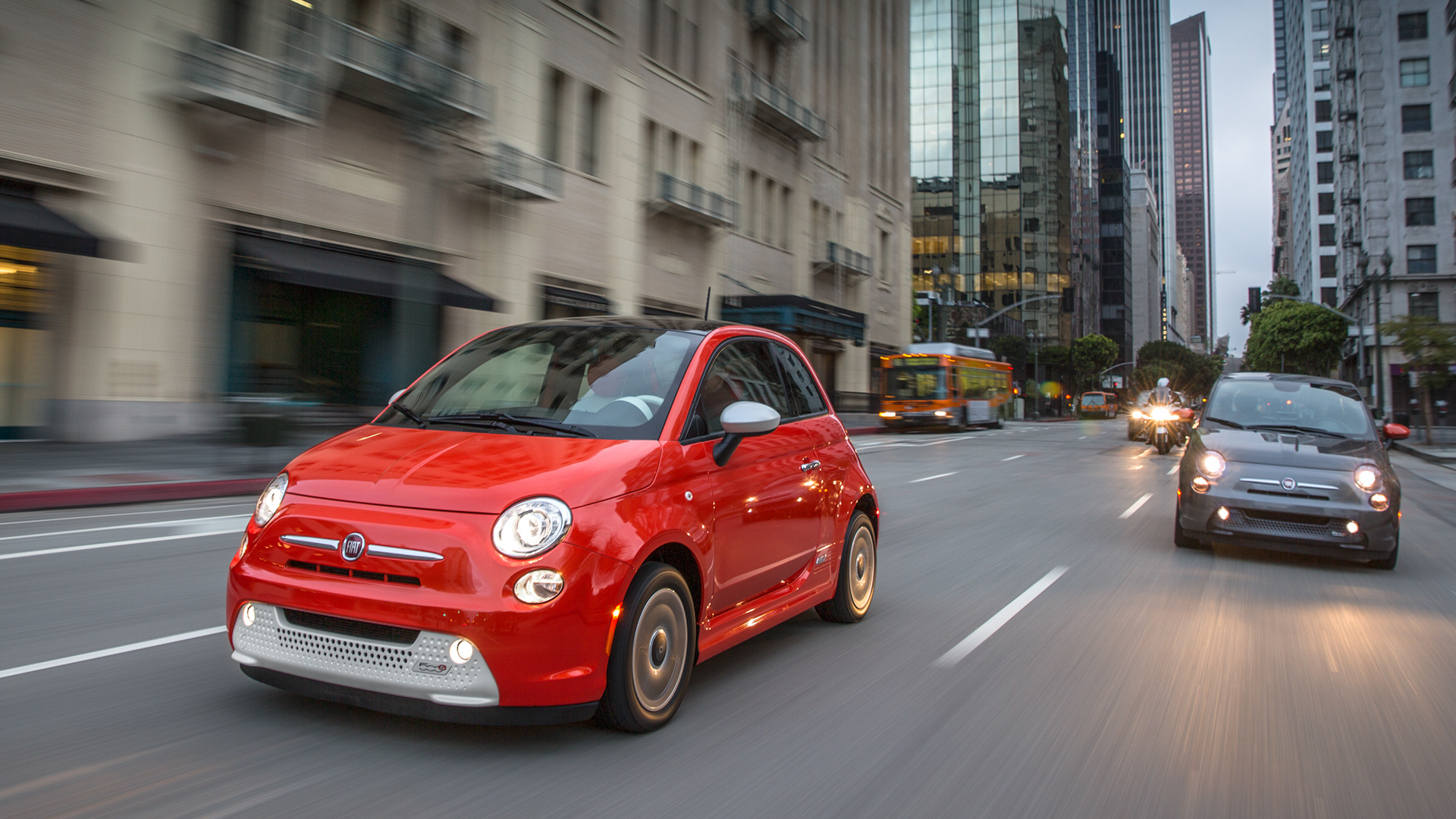

Italian automakers are pushing back on the European Union’s potential changes that would functionally ban all new fossil-fueled cars by 2035, according to Reuters. The Italian Association of the Automotive Industry (ANFIA) on Tuesday spoke out against the EU’s plan to effectively eliminate ICE cars from the European market as part of an initiative to be carbon-neutral by 2050.
It’s worth noting that ANFIA is not opposed to the climate targets but instead Chairman Paolo Scudieri wants more of a focus on hydrogen, biofuels, and synthetic fuels (such as Porsche-backed eFuel) that could reduce carbon emissions in fossil-fueled vehicles. The main concern for the industry, Scuderi noted, is a loss of jobs. While 6,000 new jobs within Italy are projected due to increased electric vehicle production, the overall auto industry currently employs around 73,000 people in the country, and those jobs could be at risk from a switch away from ICE vehicles. According to ANFIA, 450 of the 2,200 auto component manufacturers in Italy have not even begun producing parts for electric vehicles, which Scudieri says puts them at risk of going out of business. While the EU has yet to vote on the new de facto ban on gas-powered cars, there will be a debate next week to discuss various climate policies, including the potential ban.
It’s worth noting that synthetic fuels have been floated for a long time as a solution to CO2-induced climate change (as this 1979 op-ed in the Washington Post illustrates), but their actual usefulness in reducing emissions has been shown to be limited in some studies, and in some cases, their energy-intensive manufacturing process may worsen overall greenhouse gas emissions while also costing more than traditional fossil fuels. Hydrogen cars have run into problems as well, as their extraction is similarly energy-intensive, and that’s if supply chains even hold up long enough to fill stations. Early adopters in California—another government targeting net-zero CO2 emissions by 2035, with incentives for hydrogen cars such as the Toyota Mirai—have suffered extensive fuel droughts when they simply could not fill up their cars. This is not to say that EVs are the magic solution for all environmental issues—they have their own woes—but it illustrates the complexity of trying to transition to a net-zero carbon society while also allowing for traditional combustion cars to exist.
Despite these potential concerns, Scudieri remains hopeful for the EU’s decision, and said, “Every single vote will count and my wish is that [Italian Members of European Parliament] will vote also having the country’s interests in mind.” To his credit, it’s admittedly hard to imagine a future where Italy only produces silent cars without an engine.